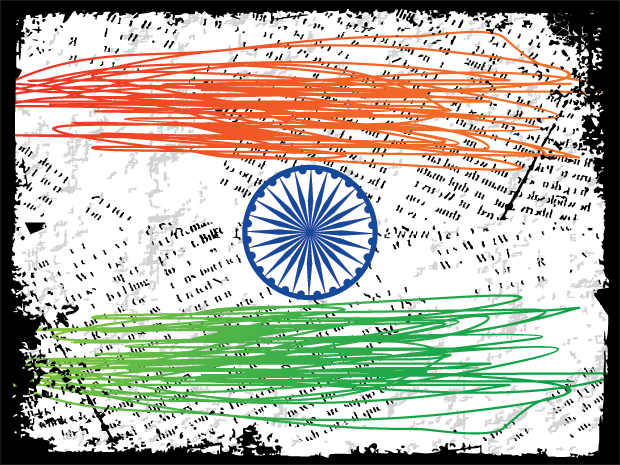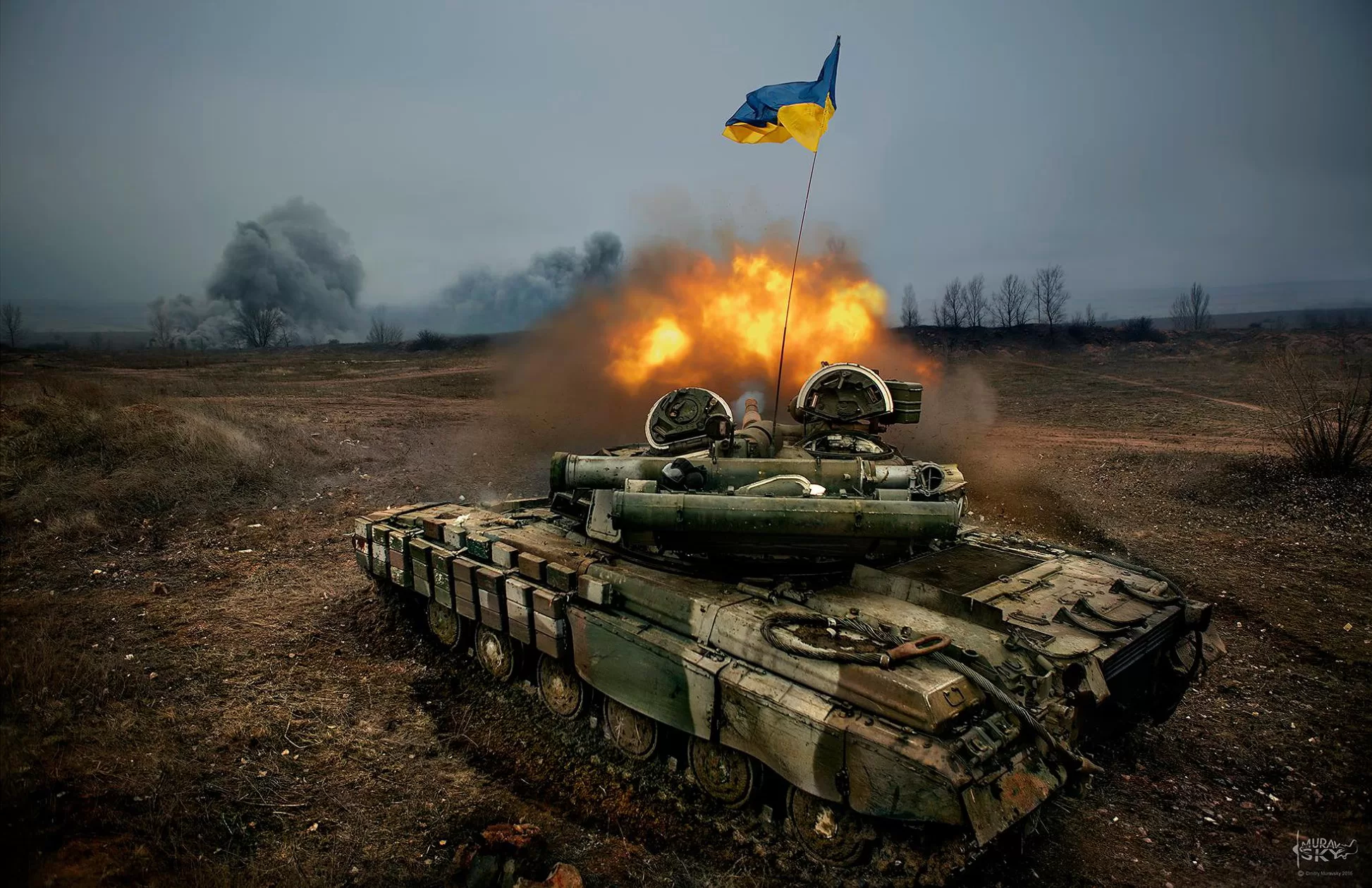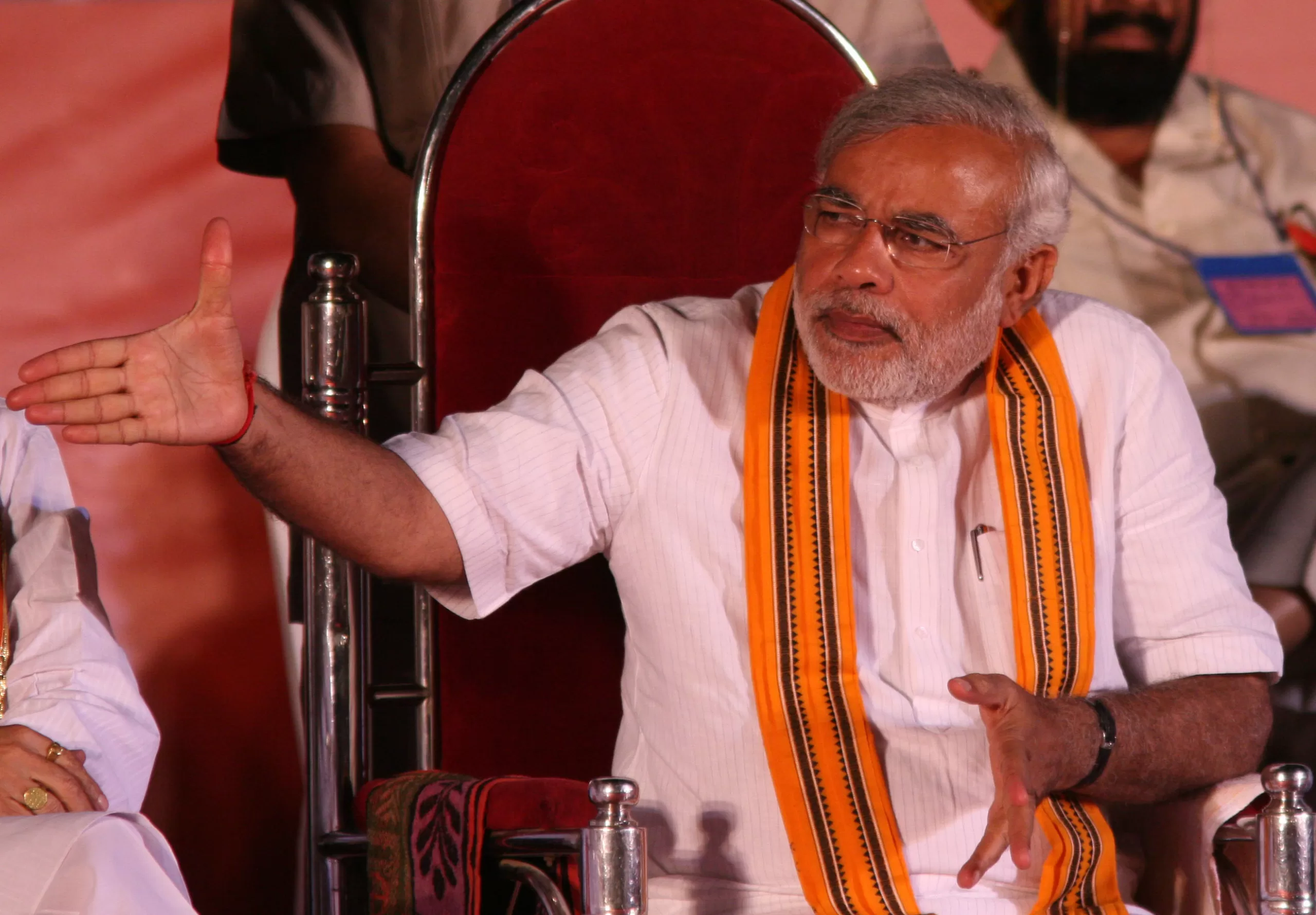
In the aftermath of a murder of a delivery driver and discovery of explosive devices in his van, a small underground group took responsibility, but news editors refused to carry the group’s statement, leading to a print blackout in Manipur.
Newspapers in the state reported on 19 Aug that the cold-blooded killing of Okram Gyanendro had led to a road blockade of the Imphal-Moreh highway in protest. The Imphal-Moreh Road Transporters’ Union and the All Manipur Road Transport Drivers and Motor Workers’ Union strongly condemned the murder and called for a 13 hour general strike across the state as the story gained more attention.
As reported by the Indian Express, in the aftermath of the murder, a small underground group took responsibility for the attack. However, senior editors refused to publish the group’s statement, as they believed this small group could not have carried off the attack and only sought to gain legitimacy through media attention. By August 28th, a letter from the group had been issued to hawkers who distribute newspapers in Manipur, to halt distribution, which was ignored. On September 1st, the All Manipur Newspaper Sales and Distributors Association received a phone call saying that if the hawkers did not stop distributing newspapers, they would be shot dead.
Caught between the ongoing violent rivalry between insurgent groups in Manipur, newspaper distribution was stopped. The All Manipur Journalists’ Union (AMWJU) staged a protest along with the Editors’ Forum and the All Manipur Newspaper Sales and Distribution Association to protest the threats issued to media workers and the freedom of the press in Manipur. Some of the complaints that were made were that insurgent groups force newspapers to carry news, whether it is true or not, and even force them to carry press releases without any changes. The chief minister of Manipur was approached, and asked to put in safety measures for media persons.
However, with the backdrop of the newspaper distribution ban, the editors of major newspapers decided to distribute their papers on their own. On September 7, it was reported that “editors of the leading newspapers published from Imphal created history on Saturday morning by selling their newspaper copies in the streets of Imphal city.”
In the meantime, the International Federation of Journalists (IFJ) has issued a statement of support, stating that, “we call on the state government in Manipur and the security agencies of the Indian government deployed in the state, to respond to the urgent calls from All Manipur Working Journalists Union (AWMJU) that conditions be secured for safeguarding journalists, rights and the public right to know.” And the chairman of India’s Press Council of India also requested the Chief Minister of Manipur to ensure that newspapers can function normally.
By 8th September, hawkers had decided to resume work in Manipur, in light of appeals from various civil society organizations and also for the sake of their livelihood.





